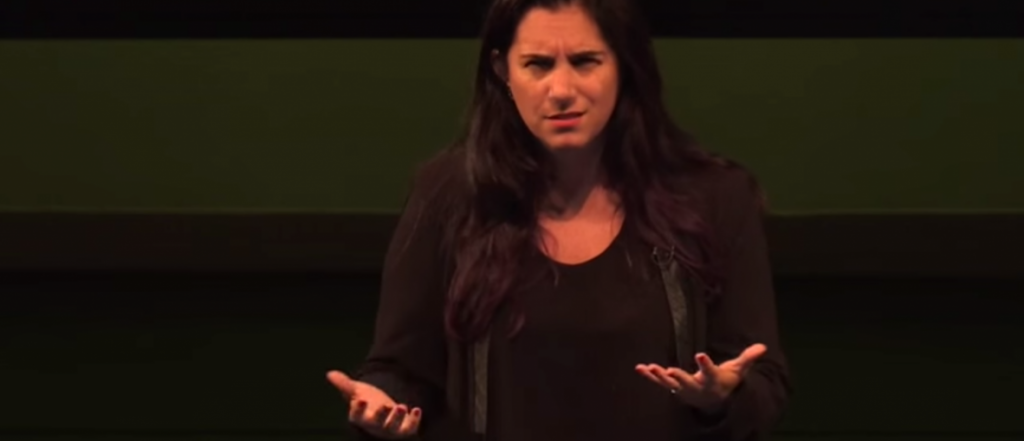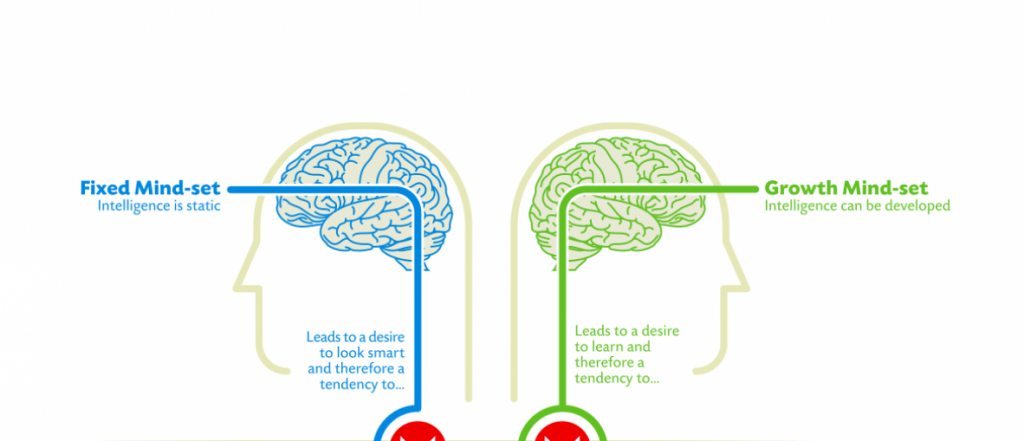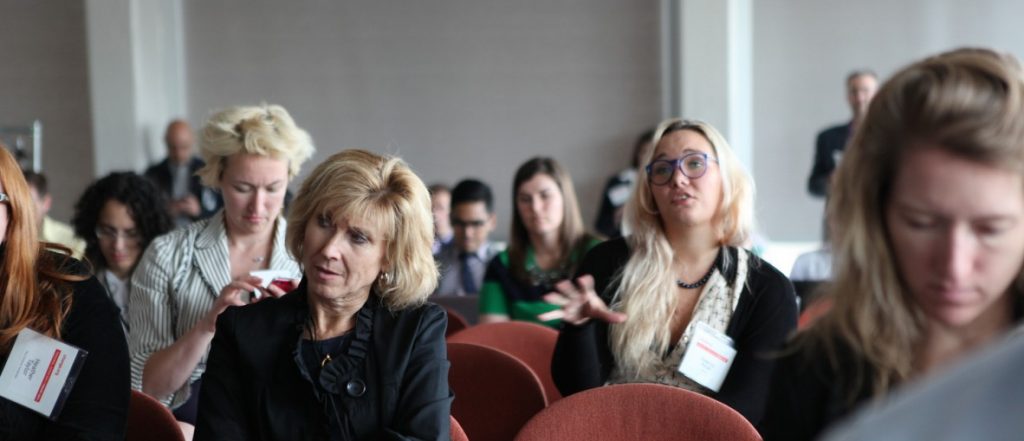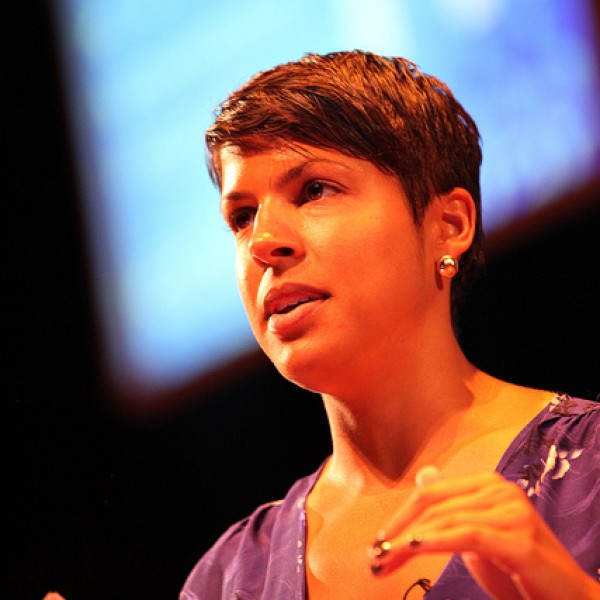You want panels? We got panels. Herewith, the Personal Democracy Forum 2015 guide to the 27 breakout sessions planned for the two days of the conference, this coming June 4-5. They’re organized in seven thematic tracks: Organizing and Activism, Digital Tools and Techniques, Civic Clinics, Ideas and Controversies, Media Praxis, Tech Futures, and We-Government. Most of them are structured with three or four expert speakers, with time for short presentations, panel discussion and audience participation. A few are participatory workshops (as noted). This is where you get to drill deep on topics you care about, brush up on the latest developments in your field, and find other people with interests like yours.
As in past years, all panels are taking place after lunch, in two hour-long slots from 2:00-3:00pm and 3:30-4:30pm, with a coffee break in between. All of them are in NYU’s Kimmel Center, accessible by elevator from Skirball Center where the main hall talks take place.
Organizing and Activism
Thursday June 4—2:00-3:00pm: Confronting the Counterrevolution: How Civic Actors Can Hold Their Own in Global Affairs. Amb. Ben Rowswell, Katherine Maher, Andrea Chalupa, and Taylor Owen (moderator). In global politics, networks of individuals are challenging existing power structures. With minimal organizational structure, these groups leverage anonymity and encryption, and are capable of the type of collective action once reserved for large hierarchical organizations. But from Russia to Venezuela—to the United States for that matter—the state is fighting back. As they grow in power, citizen movements attract more adversaries jealous of defending their own power. In the Hobbesian world of global politics, disruption has the potential to become a brutal process. This panel will look at how how digitally-enabled civic action groups can structure themselves to compete in the global political arena.
Thursday June 4—3:30-4:30pm: How the Net (Neutrality Battle) Was Won. Michael Khoo, Althea Erickson, Evan Greer, Malkia Cyril, and Sally Kohn (moderator). This panel will focus on two key topics: How grass-roots techies, civil rights activists, and industry start-ups combined forces to win the fight for public opinion and the open internet, and what challenges lie ahead in sustaining that victory.
Friday June 5—2:00-3:00pm: Pro-Internet and I Vote: How Can the Net Build Political Power in 2016? Malkia Cyril, David Segal, Zephyr Teachout, Jessy Tolkan, and Craig Aaron (moderator). Overseas, some internet activists are forming political parties, like the Pirate Party, and in some places winning a share of representation. But politics in America is structured (and some might say constrained) by the two-party system. Building on the net neutrality session above, and with the 2016 election approaching, this panel will discuss how pro-internet activism and populist energy can be translated into real and lasting political power.
Friday June 5—3:30-4:30pm: Black Twitter, #BlackLivesMatter: Turning Pain Into Political Power. Lizz Brown, Lauren Brown, Bridget Todd, Kimberly Ellis (moderator). In a follow-up to her PDF 2014 main hall speech last year, Dr. Kimberly C. Ellis (aka @DrGoddess) will host a panel discussion on the role of #BlackTwitter in the “movement-with-a-hashtag” activism of #BlackLivesMatter. This panel will also explore the further application of tech innovation to civic engagement, examining how to turn the pain of poverty, police brutality, and other forms of injustice into actual political power beyond street protests.
Digital Tools and Techniques
Thursday June 4—2:00-3:00pm: Navigating the Political Data Provider Landscape. Tom Dougherty, Jim Gilliam, Tiana Epps-Johnson, Paul Westcott, and Heidi Sieck (moderator). If you want to influence politics, you need to know what buttons to push. In a digital world that means knowing where voter, candidate and election data is and how to get it. The panel of leading data providers and practitioners will get you the answers.
Thursday June 4—3:30-4:30pm: How Digital Advertising is Reshaping Everything. Annie Levene, Josh Koster, Patrick Ruffini, and Tracy Russo (moderator). Just how far can, and should, you go in microtargeting your message? What techniques are proving most effective, cost-wise? This panel will look at emerging campaign strategies as we head into 2016, and focus on how the make the most of your digital advertising dollar.
Friday June 5—2:00-3:00pm: Innovations in Messaging the Electorate (Sponsored by Rentrak). Scott Tanter, Christopher Frommann, Jennifer Green, Bret Leece, Edward Niles, and Carol Davidsen (moderator). This panel will build on Davidsen’s main hall keynote at the end of Thursday, and take a closer look at the origination of integrated data sets, how campaigns use them, and how privacy is handled.
Friday June 5—3:30-4:30pm: Using Facebook for Advocacy (Sponsored by Facebook). Steve Jacobs, Deanna Zandt, Alex Torpey, and Crystal Patterson (moderator). The world’s biggest social network has become a critical vehicle for all kinds of advocacy. This panel will zero in on how it can best be used by people in and around government to improve civic engagement and public responsiveness.
Civic Clinics
Thursday June 4—2:00-3:00pm: Understanding and Overcoming Barriers to Participation. John Webb, Jon Sotsky, Sandy Heierbacher, and Allison Fine (moderator). While many Americans engage in civic life, doing everything from voting, joining causes, volunteering in their communities and voicing their concerns, tens of millions are on the sidelines. Some are locked out. And some are tuning out to processes that don’t engage them. This panel will explore new research on why so many Americans are civic bystanders, why they don’t vote in local elections, and whether different approaches to civic engagement may be more fruitful.
Thursday June 4—3:30-4:30pm: Labs for Social and Economic Development. Palak Shah, Carmen Rojas, Hannah Calhoon, and Ibrahim Abdul Matin (moderator). In the last few years, tech innovators and movements for economic justice have started collaborating on new models for serving the needs of America’s poorest and most exploited workers. In this session, the founders of three such labs will share what they’ve learned so far.
Friday June 5—2:00-3:00pm: Build With, Not For (Workshop I). Co-led by Josh Stearns, Kenneth Bailey, Liz Barry, An Xiao Mina, Sandy Heierbacher, and Demond Drummer. We can build better civic tech, journalism, campaigns, global development projects, and more if we reorient our processes to work with communities, not for them. This two-part workshop will focus on drawing lessons from across sectors and highlighting tools to help anyone build with, not for. (Attendees can reap maximum value even if they’re only able to make one of the two sessions.) The first session is focused on cross-sector storytelling. As a group, attendees will discuss what inclusive development looks like across sectors and the challenges faced in initiating these processes in the context of our respective professional fields. The conversation will be guided by co-leads working on collaborative development in a variety of fields who will share their experience addressing and overcoming these issues. By the end, participants will have built a common language of challenge, spec-ed out some starter points for solutions/actions, identified potential collaborations beyond PDF, and hold a more intersectional perspective on what bottom-up innovation means.
Friday June 5—3:30-4:30pm: Build With, Not For (Workshop II). Josh Stearns, Kenneth Bailey, Liz Barry, An Xiao Mina, Sandy Heierbacher, and Demond Drummer. In this second session, participants will go through a design exercise for moving at the speed of inclusion. Attendees will break into small groups, each facilitated by one of the co-leads above, and go through the process of developing an engagement plan for a civic project. In addition to putting lessons from the first session into action, participants will also learn foundational skills for putting these lessons into action, such as how to map stakeholders and “intervention” (also known as engagement) opportunities. This session will have an element of play to it. At the end, participants reflect on their process together and collect the plans to be published online where anyone can “fork” them (social code working just like computer code, after all).
Ideas and Controversies
Thursday June 4—2:00-3:00pm: Hacking Culture for Social Change. Andrew Slack, Bridgit Antoinette Evans, Kerri Kelly, and Tracy Van Slyke (moderator). If you change culture, you change politics. This panel will explore how a new generation of digitally savvy activism is working with major cultural tropes and happenings to try to alter America’s course.
Friday June 5—2:00-3:00pm: Cooperative Alternatives to the Sharing Economy. Trebor Scholz, Palak Shah, Andres Monroy-Hernandez, and Nancy Scola (moderator). Continuing a conversation begun in mid-March with a panel at Civic Hall, this session will delve into efforts to organize industries and write code that empowers workers and participants more than owners and investors.
Friday June 5—3:30-4:30pm: Connecting the Unconnected: Access, Digital Inclusion and the Open Web (Sponsored by Mozilla). Raina Kumra, Josh Levy, Jochai Ben Avie and Nancy Scola (moderator). Owning a mobile phone is not necessarily joining the internet. There are a quarter billion Android users who have never connected to the internet, and in some markets users spend 10 percent of their wages on data. Companies, governments, civil society, and other actors are wrestling with how to bring the next wave of users to the internet, with some pioneering new business models and approaches, notably zero-rating. This breakout session will begin with brief positioning statements examining the benefits and harms of zero-rating, and will explore alternative market solutions to connecting users to the full diversity of the open Web. Then participants will be invited into an interactive discussion around models that are already being tested and how to form an agenda that enables digital inclusion.
Media Praxis
Thursday June 4—2:00-3:00pm: Fixing Our Attention. Tristan Harris, Rachel Weidinger, Andrew Golis, and Sabrina Hersi Issa (moderator). The future is here and it’s breaking the present, media theorist Douglas Rushkoff has written. As a result, our personal and collective ability to focus on stuff that matters is constantly being challenged by media and technology that tries to distract us with spectacle and addict us using behavioral science. Building on Harris’ morning keynote on this topic, this panel will discuss strategies for reversing these trends, ranging from a new ethics of tech design to apps and organizing strategies that may help us pay attention to what is truly important.
Thursday June 4—3:30-4:30pm: Check It Before You Wreck It: Fighting Viral Misinformation Online. Claire Wardle, Madeline Bair, Ellery Biddle, Sunita Bose, and Tom Trewinnard (moderator). Social networks have proven to be powerful platforms for spreading information during critical, breaking events. However, increasingly this takes the form of rumor, fake content and misinformation: think Hurricane Sandy, Syria and the Boston Marathon Bombings. This panel will discuss the misinformation ecosystem, introduce recent efforts to build a culture of verification, and offer tangible debunking methods for journalists, citizen journalists, and anyone who gets their news via social media.
Friday June 5—2:00-3:00pm: How Civic Tech is Changing the Way Newsrooms Cover Elections. Jenn Topper, Derek Willis, Jonathan Capehart, Luciana Lopez, and Chris Gates (moderator). This panel will unpack how civic tech is changing the way newsrooms cover elections. In the year preceding the 2016 presidential campaign, newsrooms are already staffing up for the election. Meanwhile, technology offers newer, more impactful ways of storytelling. We’ll discuss how the landscape has changed since the 2008 and 2012 campaigns, what technology might be on the horizon in 2016, and how it might affect the concept and expectation of real-time reporting.
Tech Futures
Thursday June 4—2:00-3:00pm: Disruptive Opportunities in Mobile. Bart Myers, Ted Henderson, Damola Ogundipe, Rachna Choudhry, and Erhardt Graeff (moderator). As users spend more time on their mobile devices and less at PCs, civic tech is shifting too. This panel will look at new and existing efforts to better connect people to their representatives and to bring civic information to people when they may be most inclined to engage with it.
Thursday June 4—3:30-4:30pm: Building Businesses in Civic Tech (Sponsored by Omidyar Network). Jim Gilliam, Story Bellows, Dan Brillman, and Stacy Donohue (moderator). Building on ON’s conference on the business of civic tech at Civic Hall in April, this panel will explore paths to creating sustainable and successful civic-tech businesses.
Friday June 5—2:00-3:00pm: Financing Political and Civic Tech. Shaun Abrahamson, Stacy Donohue, Benoit Wirz, Mike Mathieu, and Julie Menter (moderator). It’s tough to get funding for a new venture, even more so if it’s trying to create positive change. This panel of funders will take participants behind the curtain and share the best ways to raise capital, how investors evaluate entrepreneurs, and what a great pitch looks like. It will cover solutions for both for-profit and non-profit structures, as well as the hybrids in between.
Friday June 5—3:30-4:30pm: The Evolution of Political Analytics. Scott Tranter, Kass Devorsey, Masahiko Aida, David Seawright, and Ethan Roeder (moderator). Campaign analytics is no longer an experiment. Now it’s a guiding light for campaigns, a standard by which the modernity of a campaign is measured and a field of practice that has attracted tens of millions of dollars of investment since 2012. This panel will look at questions including: What strategic advantage can campaigns still hope to yield from analytics? How are the newly established for-profit institutions in the space influencing the practice? In 2015, with enhanced national voter files a ubiquitous resource, the building of individual-level candidate support and turnout models has been described as “a trivial task.” If microtargeting is no longer a strategic advantage, what is? What benefits will campaigns reap from the established institutions on both the left and the right? How might these outside actors complicate or even impede the efforts of campaigns? Much has been made of the culture gap between Democratic and Republican campaigns in terms of how they use tech and collaborate over data, but is the gap really that big?
We-Government
Thursday June 4—2:00-3:00pm: Speedbumps on the Road to Gov’t as a Platform (Sponsored by Accela). Emma Mulqueeny, Amen Ra Mashariki, Greg Bloom, and Mark Headd (moderator). Big cities, states, and national governments in the U.S. and U.K. have embraced open data. Events like NYC Big Apps and the National Day of Civic Hacking in the U.S., Hack the Government in the U.K., and GovHack in Australia are encouraging civic hackers to build new apps and services with government data. A growing number of commercial entities, big and small, new and old, are looking at open data as a way to build a business, or enhance an existing one. Several years into the open data revolution, how are we doing? This panel will discuss the current state of open data, “government as a platform” and have a frank and open discussion on where we’re falling short and how we can do better.
Thursday June 4—3:30-4:30pm: NYC 2025: A Workshop with the Mayor’s Office Digital Team. Jeff Merritt, Minerva Tantoco, and Jessica Singleton. Come brainstorm about the future beyond today’s effort to close the digital divide. Believe it or not, 2025 is just ten years away! At this workshop-style session, you can share your ideas and visions with City Hall’s digital doers.
Friday June 5—2:00-3:00pm: Reinventing the Think Tank (sponsored by New America). Tim Wu, Annmarie Levins, Alec Ross, and Anne Marie Slaughter (moderator). This panel will look at how to marry policy, technology, bottom-up change, and how to connect government to citizens in the business of solving public problems in this century.
Friday June 5—3:30-4:30pm: Designing the Digital Legislature. Emma Mulqueeny, Ben Kallos, Seamus Kraft, David Moore, and Melissa Sandgren (moderator). As representative bodies from the U.K. Parliament and U.S. Congress down to city councils start to modernize their use of technology, innovators on the inside and outside alike are working to think beyond simply delivering our grandparents’ government at the click of a mouse. New forms of interaction enabled by open, collaborative tools are on the horizon. This panel will hear from several key innovators helping point the way towards a genuinely digital legislature.






